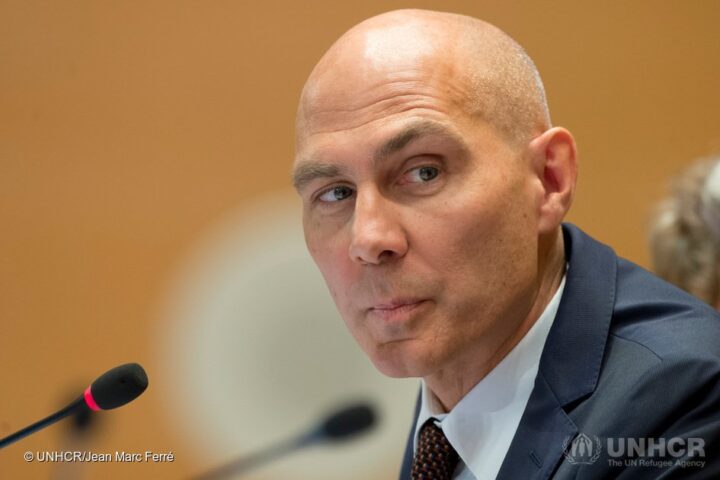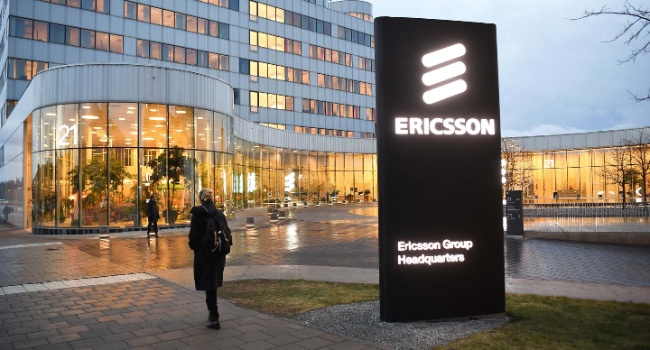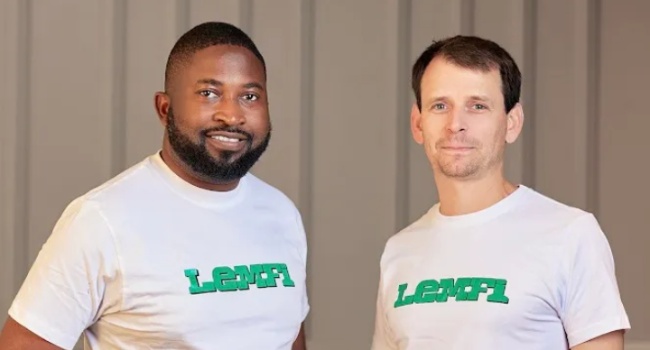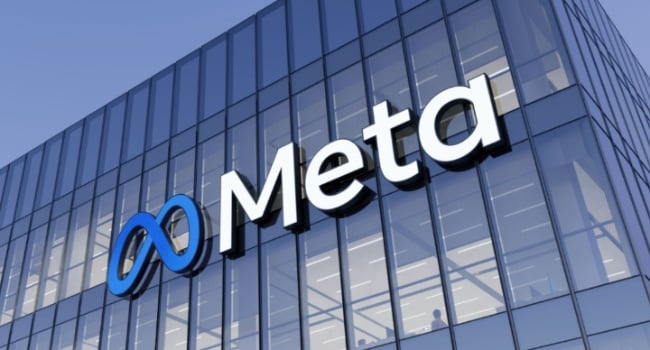Volker Türk
Volker Türk, the United Nations high commissioner for human rights, says regulating online content is not censorship.
His remark comes days after Meta, the parent company of WhatsApp, Facebook, and Instagram, announced the discontinuation of its third party fact-checking program.
Prior to the development, Meta has a fact-checking desk that verifies contents and either pulls down the post or suspends the account linked to the fake news on its platform.
However, the Mark Zuckerberg-owned company said it is turning to a communal approach of combatting disinformation, like the one used on X — an approach which has been criticised by several fact-checking organisations.
Advertisement
In a post via X on Friday, Türk said that allowing hate speech and harmful contents on social media has realistic consequences that can jeopardise peaceful co-existence.
He called for accountability and regulation in the digital space in adherence to human rights.
“Allowing hate speech & harmful content online has real world consequences. Regulating such content is not censorship,” Türk said.
Advertisement
“My Office calls for accountability and governance in the digital space, in line with human rights.”
In another post on LinkedIn, the UN chief said if not regulated, social media has the tendency to fuel conflict and threaten people’s safety.
He explained that those who describe creating a safe space online as censorship, ignore the fact that an unregulated media could silenced marginalised groups.
“Freedom of expression thrives when diverse voices can be heard without enabling harm or disinformation,” he added.
Advertisement
“Social media shapes society and has immense potential to enhance lives and connect us.
“It also has demonstrated ability to fuel conflict, incite hatred and threaten safety. When at its best, social media is a place where people with divergent views can exchange, if not always agree.
“When we call efforts to create safe online spaces ‘censorship’, we ignore the fact that unregulated space means some people are silenced – in particular those whose voices are often marginalised.
“At the same time, allowing hatred online limits free expression and may result in real world harms.
Advertisement
“My office will continue to call for accountability and governance in the digital space, in line with human rights. This safeguards public discourse, builds trust, and protects the dignity of all.”
Advertisement
Add a comment










